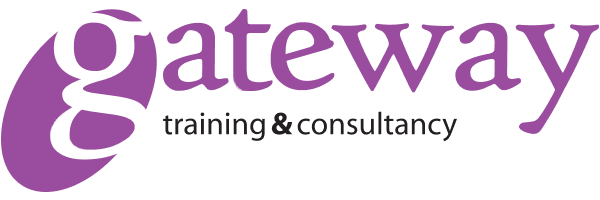Course Modules & Content
Module 1: Introduction to ABI
• What is ABI? Definitions, statistics and terminology
• Common causes (e.g., stroke, trauma, infection, tumour, hypoxia)
• Differences between traumatic and non-traumatic brain injury
• Key statistics and facts
Module 2: Impact of ABI
• Physical effects (mobility, fatigue, sensory impairments)
• Cognitive effects (memory loss, poor concentration, executive dysfunction)
• Emotional and behavioural changes (mood swings, aggression, anxiety)
• Mental health comorbidities (e.g., PTSD, depression)
• Insight and awareness issues
Module 3: Communication and Behaviour
• Understanding communication difficulties post-ABI
• Strategies for effective communication
• Use of assistive technology and communication aids
• Responding to challenging behaviour
• Sensory overstimulation or environmental sensitivity
• Promoting dignity, respect, and empathy
Module 4: Person-Centred Support
• Trauma-informed care and neuropsychological awareness
• Holistic care planning for individuals with ABI
• Involving the person and family/carers in decision-making
• Risk enablement vs. risk aversion
• Mental capacity and advocacy
Module 5: Rehabilitation and Recovery
• Overview of neuro-rehabilitation
• Role of care staff in rehabilitation
• Promoting independence and goal-setting
• Rehabilitation Prescription and early rehab care continuity (NHS England standard)
• Multi-disciplinary team collaboration
• Use of reflective scenarios and structured assessment tools
• Resource pack with referral information and guidance summaries
Module 6: Supporting Wellbeing
• Mental health and emotional wellbeing in ABI
• Social inclusion and community access
• Supporting meaningful activity and occupation
• Access to vocational rehabilitation and return-to-work support
• Managing fatigue and energy conservation
Module 7: Legal, Ethical, and Safeguarding Considerations
• Understanding the Mental Capacity Act and Deprivation of Liberty Safeguards (DoLS)
• Duty of care and professional boundaries
• Safeguarding adults with ABI

